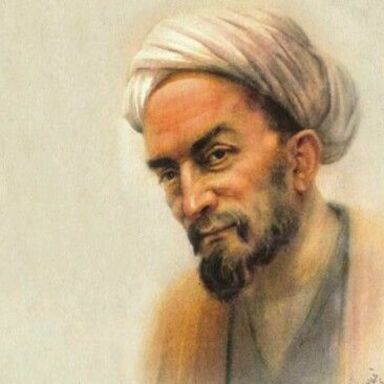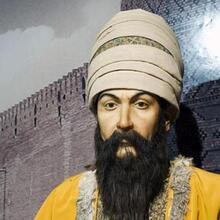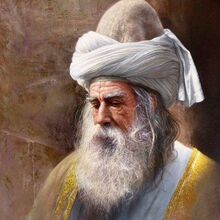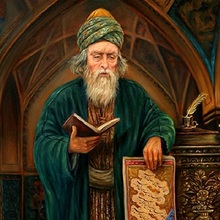
Personal
Other names:
Saadi of Shiraz, The Master of Speech
سعدی شیرازی، استاد سخن، استاد سخنوری
Job / Known for:
Persian poet and prose writer
Left traces:
Bustan and Gulistan
Born
Date:
1210
Location:
IR
Shiraz, Atabegs of Fars, Iran
Died
Date:
1291 (aged 81)
Resting place:
IR
Death Cause:
Natural causes
Family
Spouse:
Children:
Parent(s):
QR Code:
Show More
Rank
Users ranking to :
Thanks, you rate star
Ranking
4.5
2
Fullname
Saadi Shirazi
Fullname NoEnglish
سعدی شیرازی
Slogan
Have patience. All things are difficult before they become easy.
About me / Bio:
Show More
Article for Saadi Shirazi
Died profile like Saadi Shirazi
Comments:






